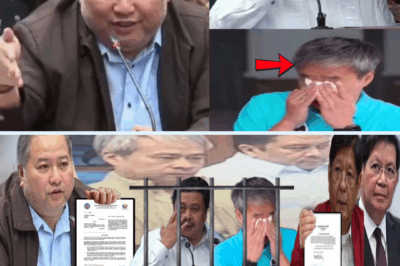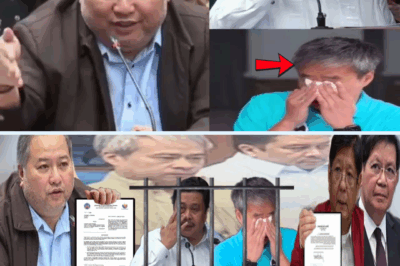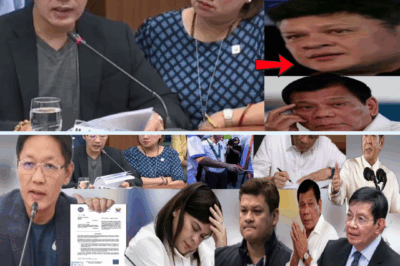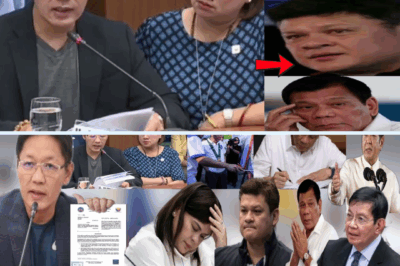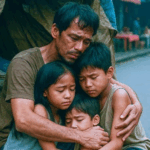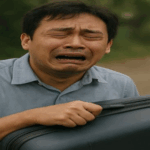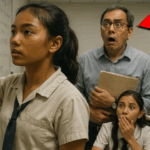Lowering Criminal Age Doesn’t Stop Youth Crime, Expert Warns
Calls to lower the age of criminal responsibility have once again surfaced in political debates across several countries. Supporters argue that stricter laws will deter young offenders from committing crimes, while critics warn it risks criminalizing children instead of addressing the root causes of delinquency. Now, criminologists and child rights advocates are sounding the alarm: lowering the criminal age is unlikely to stop youth crime, and may even make the situation worse.
A Heated Debate
In recent years, rising reports of theft, assault, and even violent crimes involving minors have fueled public anger. Politicians facing pressure from constituents often turn to what appears to be a simple solution: making children legally accountable at an earlier age.
For instance, some lawmakers argue that if the age of criminal responsibility were lowered from 15 to 12—or even 9—children would “think twice” before committing crimes. Their message resonates with citizens who are frustrated by stories of young offenders walking free due to age protections.
But experts caution that the issue is far more complex than it appears.
Why Lowering the Age Doesn’t Work
“Children are not miniature adults,” said Dr. Melissa Grant, a criminologist at the University of London specializing in juvenile justice. “Their brains are still developing, particularly in areas related to impulse control and decision-making. Expecting a 12-year-old to fully grasp the consequences of their actions in the same way an adult does is unrealistic.”
Research supports her claim. Studies in neuroscience show that the prefrontal cortex—the brain region responsible for judgment and self-control—does not fully mature until the mid-20s. This means young people are more likely to act on impulse or peer pressure rather than rational calculation.
“Lowering the age might put children in prison sooner, but it won’t stop them from committing crimes,” Dr. Grant explained. “In fact, exposure to the prison system at a young age increases the risk of reoffending. It turns children into hardened criminals rather than rehabilitating them.”
A Global Perspective
Countries around the world take very different approaches to youth crime. In Scotland, the minimum age of criminal responsibility was raised from 8 to 12 in 2019, aligning with international human rights standards. The United Nations Committee on the Rights of the Child recommends a minimum age of at least 14, encouraging governments to focus on rehabilitation rather than punishment.
By contrast, the Philippines has repeatedly debated proposals to lower its age of criminal responsibility from 15 to 12. Supporters argue that criminal syndicates exploit minors, knowing they cannot be held accountable. However, critics say the real solution is to target the adults who use children to commit crimes—not the children themselves.
Similarly, in the United States, the age of criminal responsibility varies by state, with some allowing prosecution of children as young as 10 for serious offenses. Yet research consistently shows that harsh juvenile laws have little impact on crime reduction.
The Role of Poverty and Environment
Experts stress that youth crime cannot be understood without considering broader social and economic contexts. Poverty, lack of education, family instability, and community violence all play a major role in pushing young people toward delinquency.
“Most children who come into conflict with the law are not inherently ‘bad kids,’” said Maria Lopez, director of a child advocacy group in Manila. “They are often victims of neglect, abuse, or poverty. Punishing them with prison ignores the root causes.”
Indeed, surveys in multiple countries show that juvenile offenders are disproportionately drawn from marginalized communities. Many come from broken families, have dropped out of school, or lack access to social services.
“Youth crime is not just a legal issue—it’s a social one,” Lopez added. “If we invest in education, mental health support, and community programs, we will see crime go down. If we just put children in jail, we will see it go up.”
Prisons as “Schools of Crime”
One of the strongest arguments against lowering the age of criminal responsibility is the negative impact of incarceration itself. Child rights advocates warn that prisons often act as “schools of crime,” where young offenders are exposed to older, more experienced criminals.
“Incarceration does not scare children straight—it teaches them how to become better criminals,” said Dr. Grant. “Once you place a 12-year-old in a prison environment, the chances of rehabilitation are slim.”
Studies show that youth who spend time in prison are more likely to reoffend upon release compared to those who go through diversion programs such as counseling, education, or community service.
Alternative Solutions
So if lowering the age doesn’t work, what does? Experts point to several evidence-based approaches:
Diversion Programs – Instead of prison, first-time offenders are given community-based interventions, such as mentorship, counseling, or vocational training. These programs have been shown to reduce reoffending rates.
Education and Employment Opportunities – Keeping children in school and providing access to skill-building opportunities significantly lowers the risk of delinquency.
Family and Community Support – Strengthening families through social assistance, parenting programs, and community centers can reduce the pressures that lead children to crime.
Restorative Justice – Programs that focus on making offenders take responsibility for their actions and repair harm done to victims have been successful in several countries.
Targeting Criminal Syndicates – Laws that specifically punish adults who use children in illegal activities can cut off the root of exploitation.
Political Pressures vs. Long-Term Solutions
Despite strong evidence against lowering the age, political pressure remains intense. For politicians, being “tough on crime” can be a powerful slogan, especially during election campaigns. But critics warn that populist policies often overshadow research-based solutions.
“Lowering the age may win votes, but it won’t solve the problem,” said Lopez. “We need leaders who are brave enough to invest in prevention, even if it’s not as popular as punishment.”
The Human Cost
Perhaps the most overlooked part of the debate is the human impact. Behind the statistics are real children whose lives are forever shaped by how the justice system treats them.
Take the case of a 13-year-old boy in Quezon City who was caught stealing food. Instead of being diverted to a community program, he was sent to a juvenile detention facility where he experienced violence and neglect. By the time he was released at 18, he was deeply traumatized and had joined a street gang.
“Had he been given the right support at 13, his life could have been very different,” Lopez reflected.
Conclusion
The debate over the age of criminal responsibility touches on deep fears about safety, justice, and morality. But experts insist that focusing on punishment misses the point. Youth crime is not a problem that can be solved with handcuffs; it requires compassion, investment, and a recognition that children deserve a chance to change.
As Dr. Grant put it: “If we want safer communities, we must address why children commit crimes in the first place. Lowering the age of criminal responsibility will not stop youth crime—it will only create a generation of children who grow up behind bars instead of having the opportunity to build better lives.”
News
Alcantara’s shocking testimony shakes Villanueva and Estrada—dark secrets surface, power trembles, and the nation demands the hidden truth.
Breaking News: Villanueva and Estrada Under Fire as Henry Alcantara Testifies In a stunning twist that has sent shockwaves across…
Villanueva and Estrada shaken—Alcantara’s explosive testimony reveals hidden secrets, sparking fear, betrayal, and a nation demanding shocking answers.
Breaking News: Villanueva and Estrada Under Fire as Henry Alcantara Testifies In a stunning twist that has sent shockwaves across…
Villanueva, Estrada cornered—Alcantara’s shocking testimony drops bombshell secrets, power crumbles, and the nation braces for explosive truth.
Breaking News: Villanueva and Estrada Under Fire as Henry Alcantara Testifies In a stunning twist that has sent shockwaves across…
Discaya’s bombshell rocks the Dutertes—secrets explode, power crumbles, and the nation holds its breath for the truth.
Breaking News: Duterte Family Faces Political Firestorm as Discaya Testifies In a political drama that has gripped the Philippines like…
Duterte empire on the brink—Discaya breaks silence, explosive secrets revealed, power shaken, and the nation waits breathlessly.
Breaking News: Duterte Family Faces Political Firestorm as Discaya Testifies In a political drama that has gripped the Philippines like…
Discaya’s shocking testimony ignites firestorm—Duterte dynasty shaken, secrets exposed, and a nation demands answers to chilling allegations.
Breaking News: Duterte Family Faces Political Firestorm as Discaya Testifies In a political drama that has gripped the Philippines like…
End of content
No more pages to load

